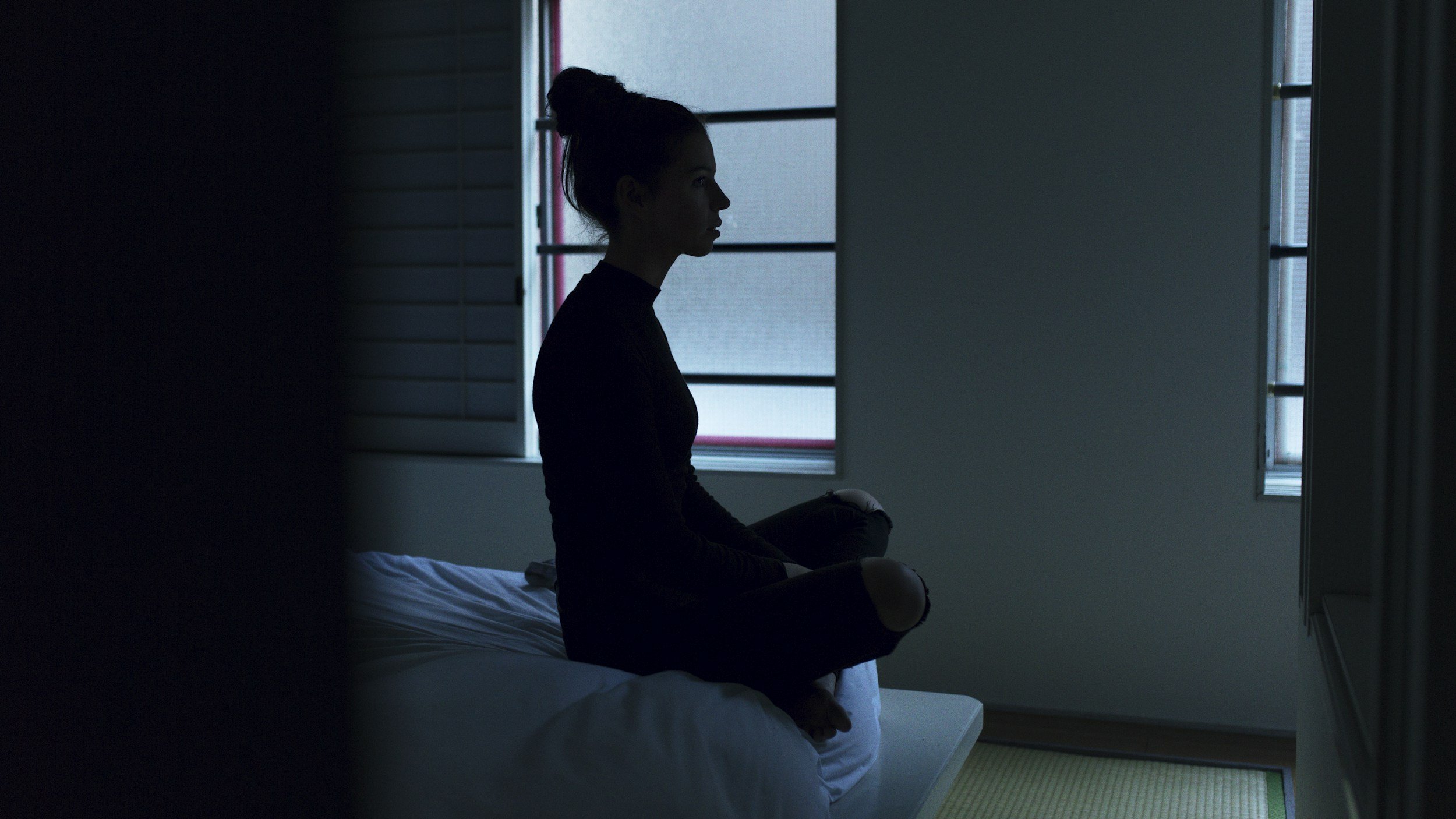Why You Wake Up at 3 am: A Traditional Chinese Medicine (TCM) Guide to Insomnia and Sleep Patterns
Do you wake up in the middle of the night—especially around 3am—and can’t fall back asleep? This frustrating sleep pattern is more common than you might think. And while many people turn to sleep aids or supplements, Traditional Chinese Medicine (TCM) offers a different explanation—and a natural path to healing.
In TCM, insomnia is not a single condition. It’s a sign of imbalance in your body. When you wake up can actually tell you why you’re waking—and what to do about it.
What Waking Up at Certain Times During the Night Means
In Traditional Chinese Medicine, each organ system is most active during a specific two-hour window at night. These time blocks are part of the body’s natural rhythm, known as the “organ clock.” If you always wake during the same period, it may point to an imbalance in the corresponding system.
1. Can’t Fall Asleep Easily (Lying Awake at Bedtime)
If you lie awake for 1–2 hours before falling asleep, it often points to Heart and Spleen Qi Deficiency or Blood Deficiency. This pattern is common in people who feel tired but wired, overthink, or have weak digestion.
This type of insomnia often affects people who are emotionally drained or under chronic stress.
2. Waking Between 1am and 3am: The Liver Time
If you regularly wake up between 1am and 3am, TCM links this time to the Liver system. This often suggests Liver Qi stagnation, which may come from stress, frustration, suppressed anger, or hormonal imbalance.
This pattern is especially common in people dealing with high-pressure work, irritability, or PMS.
3. Waking Between 3am and 5am: The Lung Time
Waking between 3am and 5am is connected to the Lung system. This may reflect unresolved grief, sadness, or Lung Qi deficiency—especially if it’s accompanied by shallow breathing, a cough, or skin issues.
People who are grieving, emotionally sensitive, or have a history of respiratory weakness often experience this sleep pattern.
4. Disturbed Sleep, Restlessness, or Vivid Dreams
Tossing and turning, frequent dreaming, or waking feeling hot and anxious can be signs of Heart Yin deficiency. This type of insomnia is often linked to burnout, hormonal shifts (like menopause), or chronic anxiety.
Sleep may be light, broken, or full of intense or disturbing dreams.
5. Waking Multiple Times a Night or Feeling Unrested
If you wake up several times and feel tired even after sleeping, this can point to Kidney Yin-Yang imbalance or Blood deficiency. It’s often associated with aging, adrenal fatigue, or overwork.
You may also notice night sweats, low back pain, or early morning fatigue.
How TCM Treats Insomnia: Natural, Personalized Solutions
At JD AcuCare in Calgary, we help patients understand their unique sleep pattern and treat the root cause—not just the symptoms. Our approach is grounded in classical TCM principles and adapted for modern life.
Our natural treatment for insomnia includes:
Acupuncture: Regulates the nervous system and balances the organ meridians involved in your sleep cycle
Custom herbal medicine: Based on your pattern (Liver Qi stagnation, Heart Yin deficiency, etc.), not a one-size-fits-all remedy
Lifestyle and nutrition guidance: Helps you support your body’s natural rhythm and emotional health
Most people find that they not only sleep longer, but also sleep deeper, wake up less often, and feel more refreshed during the day.
Final Thoughts: Your Body Is Trying to Tell You Something
If you’re waking up at the same time every night, don’t ignore it. These patterns aren’t random. In TCM, they’re meaningful signs that your body needs support.
At JD AcuCare, we use acupuncture and herbal medicine to help you reconnect with your body’s natural rhythm and restore healthy, restful sleep—without relying on pills.
Looking for natural sleep solutions in Calgary? Book a consultation with JD AcuCare and find out what your sleep pattern is telling you.

